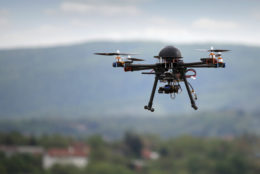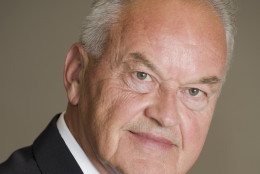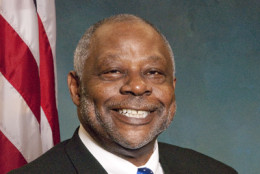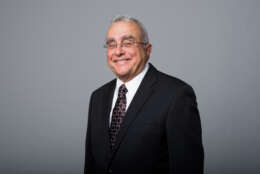FAA
-
The Defense Department plans to eventually buy nearly 2,000 F-35s. The FAA has registered some 500,000 drones.
August 03, 2016 -
In today's Top Federal headlines, a new bill gives agencies more options to hire new talent, and another major IT contract is stalled by protests.
July 14, 2016 -
The agency caught heat for how long it took to issue the rules. Now it's uncorked an industry ready to pop.
June 22, 2016 -
OPM allowed each federal agency to decide how it would deal with the ongoing Metro Safetrack maintenance plan. Here's how they've responded.
June 08, 2016 -
Defense Secretary Ash Carter has aired his grievances over certain provisions in the House and Senate defense authorization bills.
May 19, 2016 -
For the EPA and other agencies, smart phones, wireless connectivity and the development of cheap, accurate, radio-equipped sensors combine to rev up the power of citizen science.
March 30, 2016 -
If you work for the federal government, what are the odds your job will be outsourced? Senior Correspondent Mike Causey says it's round-up-the-usual-suspects time.
March 28, 2016 -
Congress is talking about privatizing the air traffic control system. Senior Correspondent Mike Causey has one suggestion before members actually vote.
March 24, 2016 -
The FAA has been promising the next generation air traffic control system for a decade. A few cities have it, but the roll-out has been slow. Some frustrated members of Congress think privatizing the air traffic control operation would help speed things up by making the organization less restricted in procurement and in funding. A new bill would do just that. The airlines agree. Sharon Pinkerton, senior vice president for legislative and regulatory policy at Airlines for America joined Federal Drive with Tom Temin.
February 19, 2016 -
Companies like Boeing must deal with a regulatory environment, the compliance to which is a major corporate function in itself.
December 23, 2015 -
Budget uncertainty has been the norm for most federal agencies for several years in a row now. But the Federal Aviation Administration has suffered more than most. Long before the days of sequestration, the FAA had already gone through several years of short-term agency reauthorizations that kept its funding and programmatic priorities largely in limbo. Congress asked the Government Accountablity Office to examine the FAA's budget and how to add some predictability to the mix, and GAO has now reported back. Gerald Dillingham is the director of civil aviation issues at GAO, and he joined Jared Serbu on Federal Drive with Tom Temin to talk about the report.
December 17, 2015 -
The Transportation Department isn’t implementing the Federal IT Acquisition Reform Act like many of its cohorts. DoT has an 800-pound gorilla to deal with called the Federal Aviation Administration. In his weekly feature, Inside the Reporter’s Notebook Federal News Radio's executive editor Jason Miller writes about why DoT must customize its FITARA implementation.
September 22, 2015 -
DoT CIO Richard McKinney said he's not buying any new hardware and will not approve IT spending plans unless they get the program off of legacy infrastructure.
September 21, 2015 -
Industry stakeholders told the Government Accountability Office they are concerned about global interoperability with the Next Generation Air Transportation Systems and how modernization efforts around the world have been hampered due to constrained resources.
September 10, 2015 -
The Partnership for Public Service recently named Constantine P. "Gus" Sarkos, head of the Federal Aviation Administration's Fire Safety Branch, a finalist for a Service to America Medal.
September 01, 2015











